The C150 Research Chairs program is ending, but its scholars are staying rooted in Canada
‘This is the moment to triple research funding in Canada,' urges renowned scientist.

When we imagine the future, our brains engage the same neural networks as when we remember the past.
This groundbreaking discovery helps us better understand the relationship between our memory and our imagination. It propelled the career of neuroscientist Donna Rose Addis, leading her to win the 2010 Prime Minister’s MacDiarmid Emerging Scientist Prize in her home country of New Zealand.
Dr. Addis currently leads the Memory Lab at the Rotman Research Institute, Baycrest, which is affiliated with the University of Toronto (U of T). There, a team of researchers is studying memory, identity and — of particular importance for Canada’s senescent population — the aging brain. She is one of the two dozen renowned scholars supported by the Canada 150 Research Chairs Program.
Launched eight years ago to commemorate the 150th anniversary of Confederation, the program provided a one-time investment of $117.6 million to Canadian universities to attract top-tier, internationally based scholars.
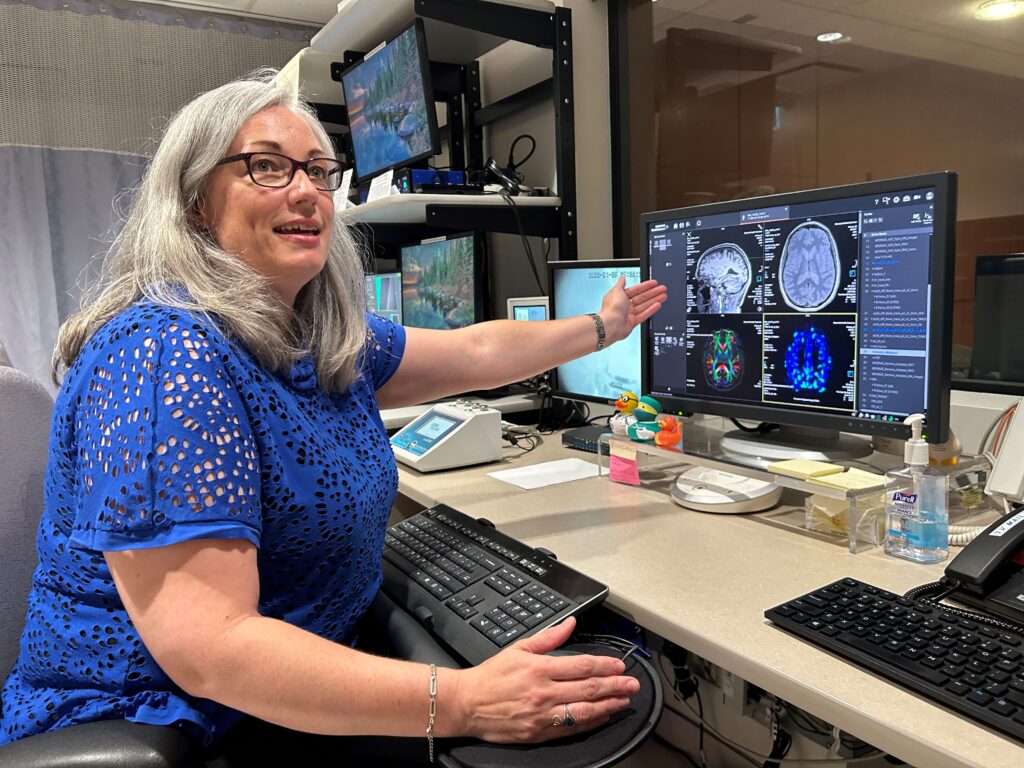
Twenty of the C150 Research Chairs are still active, engaged in research in the social sciences and humanities; natural sciences and engineering; and health and life sciences. However, the program is sunsetting this year — at a dramatic time for Canada and the world.
To rank the accomplishments of the chairs would be a monumental task, and for Ted Hewitt, president of the Social Sciences and Humanities Research Council (SSHRC), beside the point. “The aim was to attract people who were leading edge in their field, no matter where they happen to be, to come to Canada and create research hubs or centres,” he said.
The lab of Alàn Aspuru-Guzik, a C150 Research Chair in Theoretical Chemistry, provides a compelling example of such a research hub. A pioneer in the use of AI for chemical and materials applications, Dr. Aspuru-Guzik has brought in more than $20 million and grown his lab to include more than 40 highly qualified personnel since. “It’s not that I recruited them — they came, because it’s a movement,” said Dr. Aspuru-Guzik, who also holds a CIFAR AI Chair at the Vector Institute at U of T, one of Canada’s three AI institutes. “We want to make Canada, but also Toronto in particular, the leader in AI for materials.”
Formerly at Harvard University, Dr. Aspuru-Guzik said choosing Canada made sense, not only for his research ambitions but because he was worried about the societal impacts when Donald Trump was first elected U.S. president in 2016. “I believe in democracy and justice, and when Trump gets elected — and I am Jewish, Mexican — I get really worried about how Trump is going to behave.”
Dr. Aspuru-Guzik is one of many scholars who accepted a C150 Research Chair in part because of the global geopolitical climate at the time the program debuted. Several others, such as Jennifer Welsh, an international affairs expert, were motivated by the shocking announcement that the United Kingdom was leaving the European Union after the 2016 Brexit referendum. A renowned political scientist who served as special adviser to former United Nations Secretary-General Ban Ki-moon, Dr. Welsh joined McGill University as the Canada 150 Research Chair in Global Governance and Society as it was preparing to launch the Max Bell School of Public Policy. “The chance to be part of building up something new at McGill was really interesting to me,” she said.
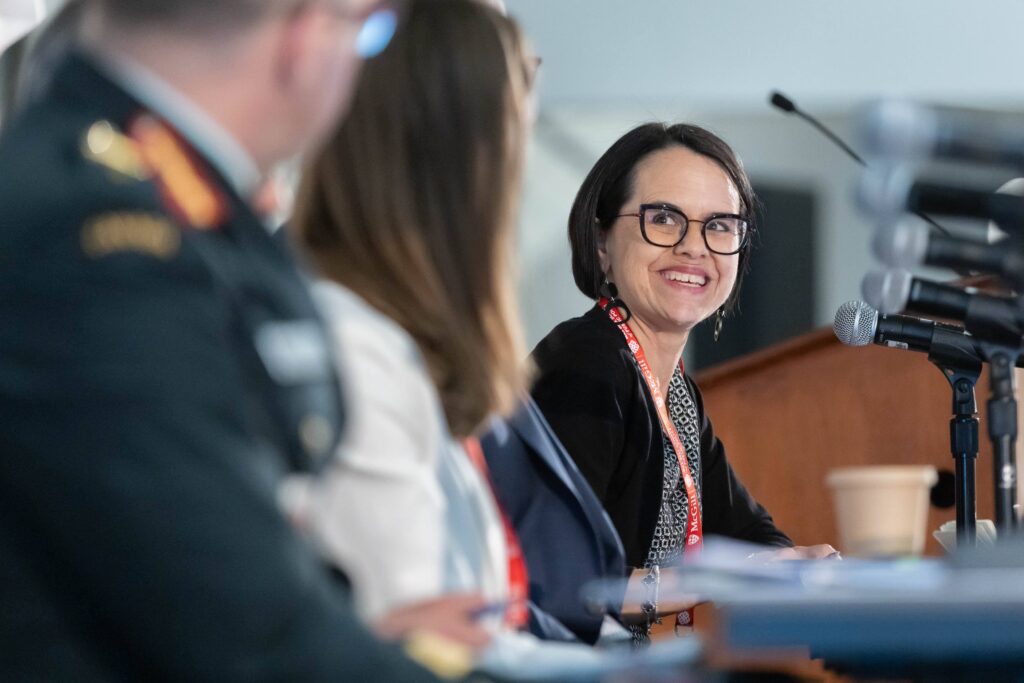
Now, having taken over as the school’s director, Dr. Welsh is passionate about teaching students how policy development interacts with partisan politics, and as with many of the C150 Research Chairs, is impressed with the calibre of Canadian students, from undergraduates to postdoctoral fellows. “There’s a great foundation, and now it’s about taking it to the next level […] I want to make it much more global in its orientation, both in terms of teaching and policy impact.”
This is a critical time for Canada to have a convening space for important policy discussions, Dr. Welsh says. The global context — much as in 2016 — is evolving rapidly, and existing institutions are struggling to adapt to sweeping global changes, including armed conflicts, mass migration, climate change and rising populism.
Complicating that global reality is the growth of misinformation and disinformation online — with social media often becoming a breeding-ground for abusive language, discriminatory algorithms and ideological echo chambers. Seeking to mitigate those harms, Wendy Hui Kyong Chun, Canada 150 Research Chair in New Media at Simon Fraser University, is applying data science to understand how digital media are created and consumed.
After returning to Canada from the U.S. in 2018, Dr. Chun founded the Digital Democracies Institute (DDI). The team she leads comprises 20 faculty members, two postdocs and more than a dozen graduate and undergraduate students from across the humanities, social sciences and computer and information sciences.
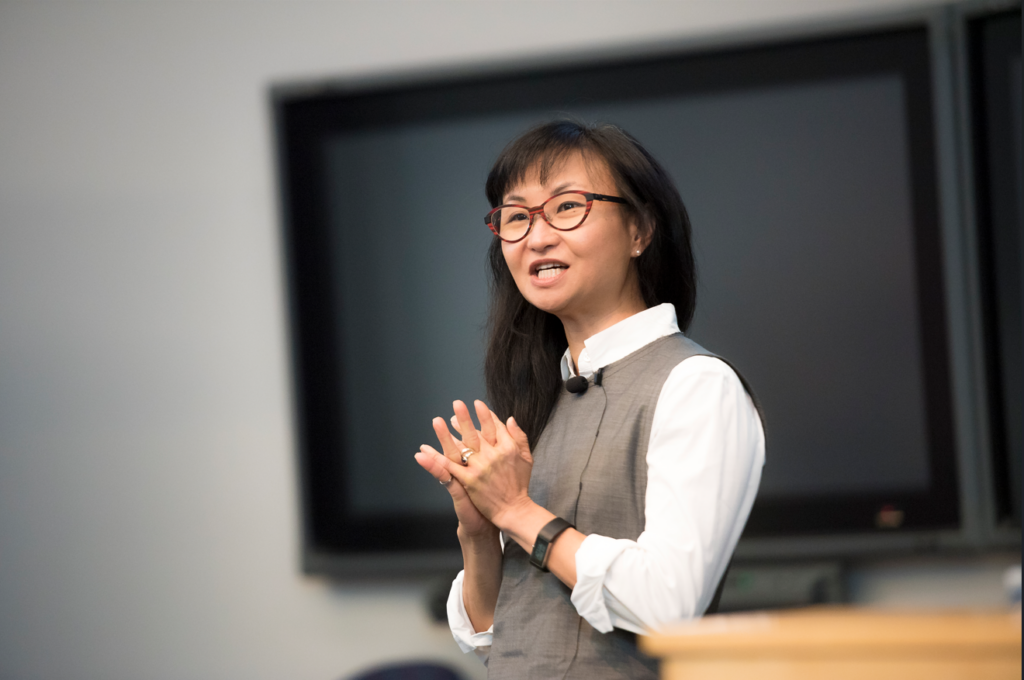
“The people who typically wouldn’t speak to each other are now working together to create innovative strategies to take on the hard issues facing the online world,” she said. The DDI’s research focuses on the spread of mis/disinformation, fostering democratic exchange online, data discrimination and the causes of echo chambers, among other issues.
Beyond her work with the DDI, Dr. Chun works to promote Canada as a global centre for media research. She has contributed policy recommendations to the Canadian Commission on Democratic Expression and the United Nations High Panel on Internet Governance.
“We’re helping to create the next generation. We’re giving our students tools and resources not previously available in Canada, so they can take on these important issues — and become world leaders in this work,” said Dr. Chun.
‘Time to triple research funding’
The new Canadian government under Liberal Prime Minister Mark Carney is promising to massively reform the Canadian economy in the face of a global trade war waged by President Trump’s second administration. The American university system is also under attack, with research funding gutted in critical areas such as climate science, and academic freedom at its most vulnerable.
Many in the Canadian university sector believe that the turmoil south of the border presents an opportunity for Canada to again attract some of the best researchers from the U.S. and around the world. For the SSHRC’s Dr. Hewitt, recruiting the best people to keep Canada competitive in a rapidly advancing research landscape is “fundamentally a question of sovereignty.”
“We have to look after ourselves – but we work in a global system and need to make sure borders remain open and fluid,” he said. “And as they do, we’ll make sure to make the best use of the talent that we have in Canada, attract the talent we’re able to from the outside and build the country that we all want.”
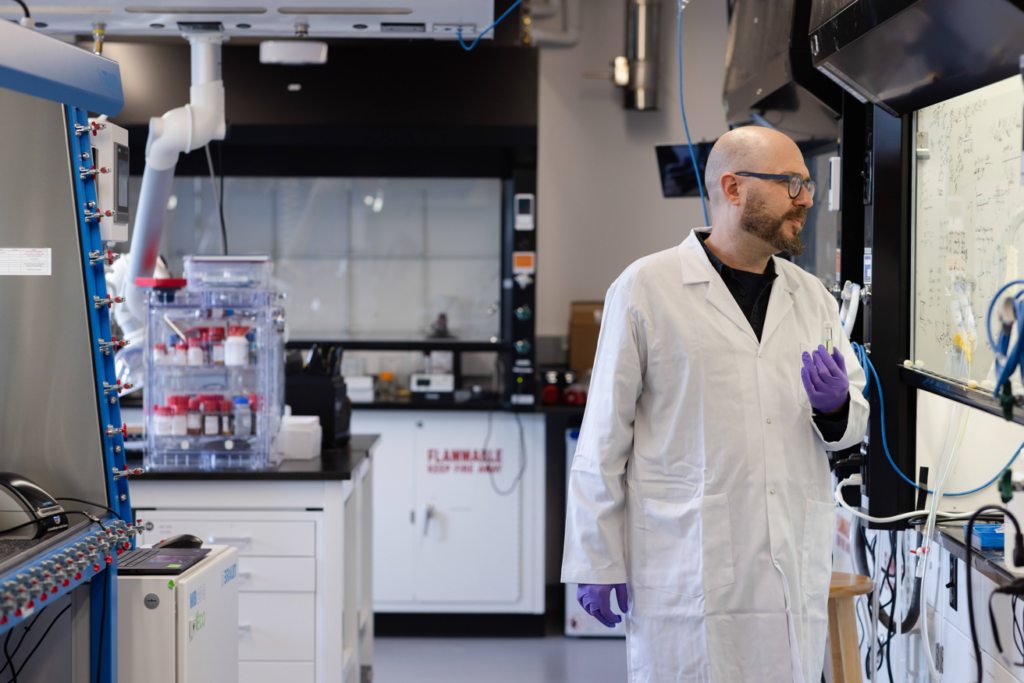
The new federal government promised to invest $100 million to bring researchers to Canada — particularly those whose funding has been cut in the U.S. In 2024, the previous Liberal government announced, not coincidentally in the lab of Dr. Aspuru-Guzik, $1.8 billion in federal research funding over five years. However, to date, only a fraction of that has been spent.
This year, Dr. Aspuru-Guzik will lose the funding provided by both of his chairs, which end in 2025, as well as investments from the U.S. He predicts his lab could be cut from 40 people to 10 by 2026. “I will do my best science I can with 10 people — but I think that’s the reality of what’s coming, and that’s a problem we have to face,” he said.
“My message to [Prime Minister] Carney — and please quote me — is this is the moment to triple the funding for research in Canada.”
These four C150 Research Chairs are among the majority who intend to stay in Canada and, ideally, expand their research hubs even after the program ends. Since 2017, the chairs and their core team members have received more than 1,300 awards and trained nearly 1,000 undergraduate students, graduate students and postdoctoral fellows.
In the Memory Lab, Dr. Addis foresees many more collaborations with Canadian researchers and institutions. She says she plans to apply for Canadian citizenship as soon as possible and make Canada her permanent home. “I really feel like I have found my people.”
She wants to advance her research by investigating how the power of our imaginations could help shift decision-making for better collective outcomes. What the C150 Research Chairs Program has made clear is that investments in Canada’s research capacity can bring positive outcomes for Canadians — at a time when we are dreaming big about our own future.
Featured Jobs
- Computer Science - Assistant Professor (Master of Data Analytics)University of Niagara Falls Canada
- Health Sciences - Researchers - Canada Excellence Research Chairs NomineesMcMaster University
- Business – Lecturer or Assistant Professor, 2-year term (Strategic Management) McMaster University
- Emergency Medical Services - Dr. Ron Stewart EMS Clinician Scientist Dalhousie University
- Dean, Faculty of Health StudiesBrandon University













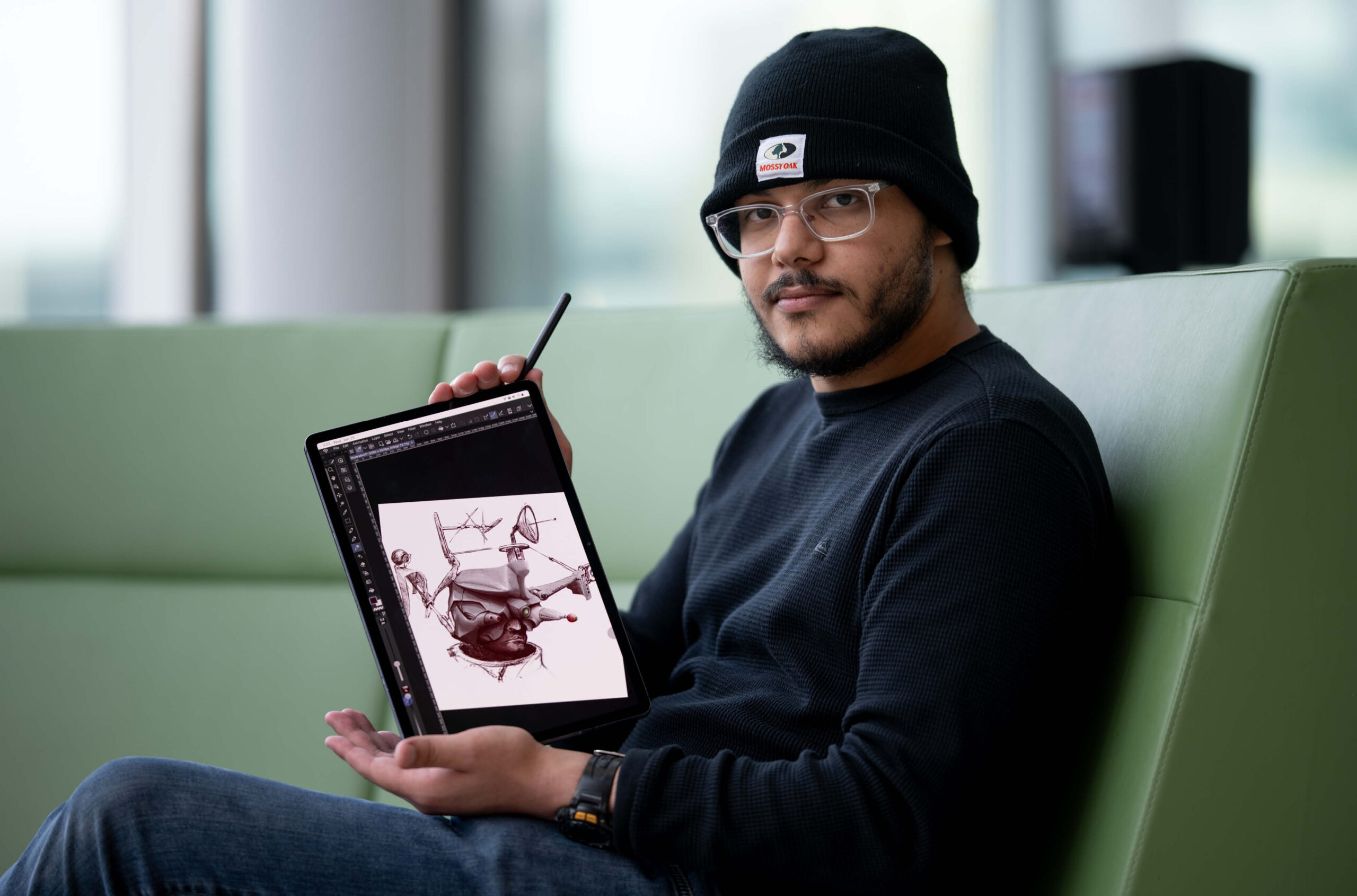
Post a comment
University Affairs moderates all comments according to the following guidelines. If approved, comments generally appear within one business day. We may republish particularly insightful remarks in our print edition or elsewhere.